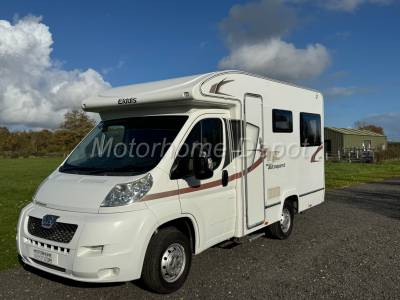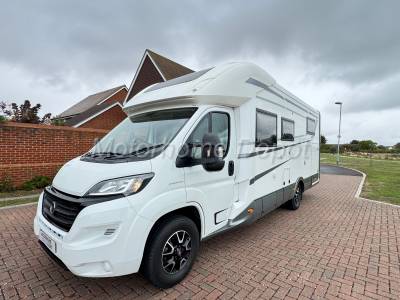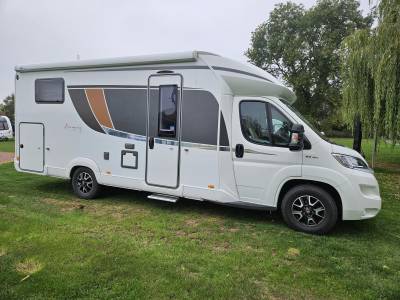Motorhomes for sale in Sussex. Sussex (/ˈsʌsɪks/), from the Old English Sūþsēaxe (South Saxons), is a historic county in South East England corresponding roughly in area to the ancient Kingdom of Sussex. It is bounded to the west by Hampshire, north by Surrey, northeast by Kent, south by the English Channel, and divided for many purposes into the ceremonial counties of West Sussex and East Sussex. Brighton and Hove, though part of East Sussex, was made a unitary authority in 1997, and as such, is administered independently of the rest of East Sussex. Brighton and Hove was granted City status in 2000. Until then, Chichester was Sussex's only city. Sussex has three main geographic sub-regions, each oriented approximately east to west. In the southwest is the fertile and densely populated coastal plain. North of this are the rolling chalk hills of the South Downs, beyond which is the well-wooded Sussex Weald.
The name derives from the Kingdom of Sussex, which was founded, according to legend, by Ælle of Sussex in AD 477. Around 827, it was absorbed into the kingdom of Wessex[6] and subsequently into the kingdom of England. It was the home of some of Europe's earliest recorded hominids, whose remains have been found at Boxgrove. It was invaded by the Romans and is the site of the Battle of Hastings.
In 1974, the Lord-Lieutenant of Sussex was replaced with one each for East and West Sussex, which became separate ceremonial counties. Sussex continues to be recognised as a geographical territory and cultural region. It has had a single police force since 1968 and its name is in common use in the media.[7] In 2007, Sussex Daywas created to celebrate the county's rich culture and history. Based on the traditional emblem of Sussex, a blue shield with six gold martlets, the flag of Sussex was recognised by the Flag Institute in 2011. In 2013, Secretary of State for Communities and Local Government Eric Pickles formally recognised and acknowledged the continued existence of England's 39 historic counties, including Sussex.






















